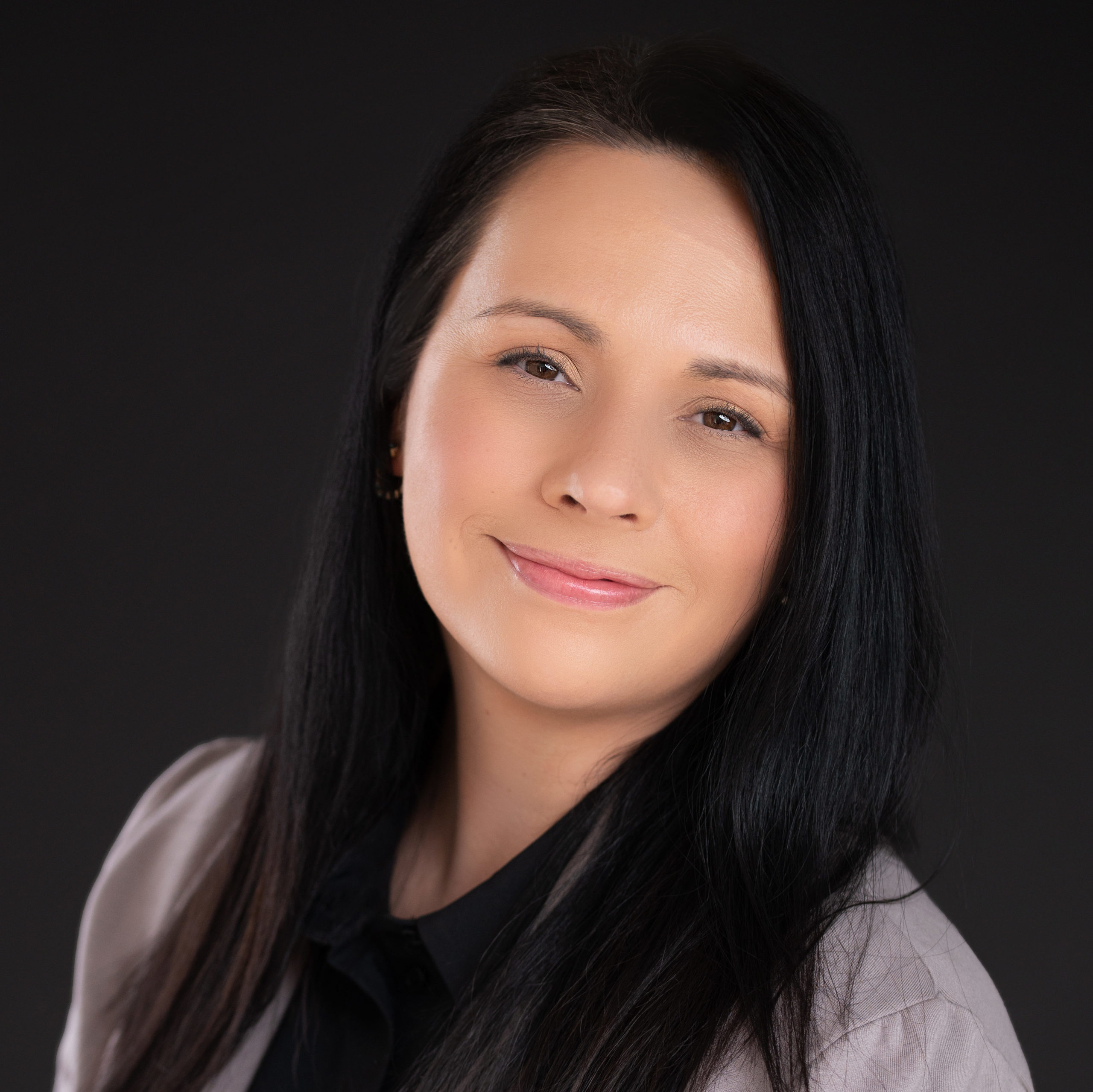
Ashley Day
Ashley Day joined York University as a lecturer in the School of Kinesiology & Health Science in 2019 and has recently completed a PhD in the Policy Studies program at Toronto Metropolitan University. Ashley has both English settler and Dene ancestries with her traditional territories being located in the Sahtu region of the Northwest Territories, where she is a registered member of the Norman Wells Métis. She holds an Advanced Diploma in Sport Management from Durham College, a BEd, BA (Honours), and MA in Kinesiology and Health Science from York University. Her SSHRC-funded doctoral research examined how diverse Indigenous worldviews of health and well-being might offer a more decolonial and holistic approach to physical education policy and curricula in Ontario. Her experiences as a physical educator revealed how health and physical education is a powerful and often overlooked site where education might be strengthened via place-based knowledges, histories, and worldviews. She is committed to creating, nurturing, and sustaining relationships to create decolonial physical education policies and curricula in ways that support holistic approaches to overall health and wellbeing.
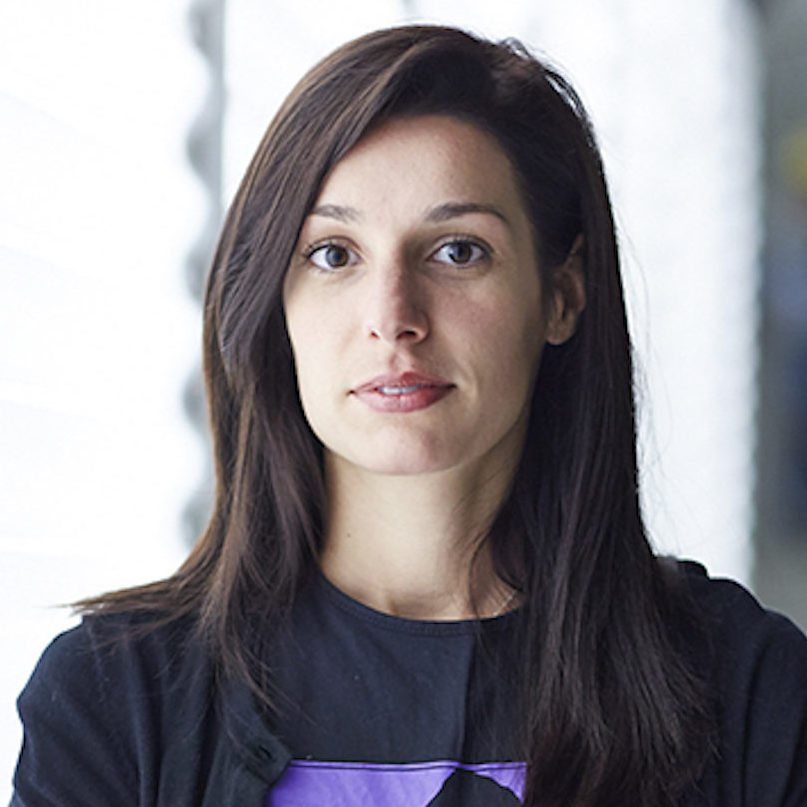
Amanda De Lisio
Amanda De Lisio is an Assistant Professor of physical culture, policy and sustainable development in the School of Kinesiology and Health Science, Executive Member of CITY Institute, and Co-Director of the Critical Trafficking and Sex Work Studies Research Cluster at the Centre for Feminist Research at York University. Her research is broadly interested in health, informality, and urban development in mega-event host cities. She previously collaborated with Coletivo Puta Davida in Rio de Janeiro, Brazil, to examine the impact of FIFA/Olympic construction on women and gender-diverse people in feminized, sexual labour. More recently, she is interested in feminist solidarities fomented in response to state violence and abandonment—namely, the collective action of women and LGBTQIA+ people in Rio de Janeiro and im/migrant women in Toronto. Her work has been funded by the Economic and Social Research Council in England, Mitacs Canada, and the Social Sciences and Humanities Research Council of Canada, and published in academic and popular presses in English and Portuguese.
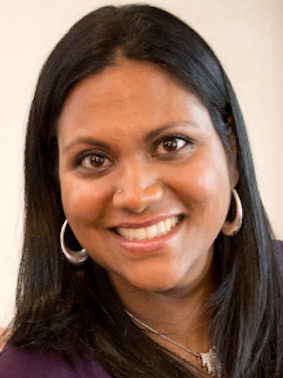
Tammy George
Tammy George is an interdisciplinary scholar and educator in the Faculty of Health, School of Kinesiology and Health Science in the area of Critical Socio-Cultural & Policy Studies in Sport & Physical Activity at York University. She is also a psychotherapy candidate at the Toronto Institute for Contemporary Psychoanalysis working with athletes, veterans and addictions. Her current research lies at the intersection of critical military studies, racial violence and mental health and explores the reconfiguration of racial and national subjectivities in an era of neoliberalism. Her current book manuscript entitled, “Be All You Can Be or Longing to Be: Racialized soldiers, the Canadian military experience and the im/possibility of belonging to the nation” examines the connection between military service, racial trauma and mental health with implications for how we wage war in the contemporary moment.
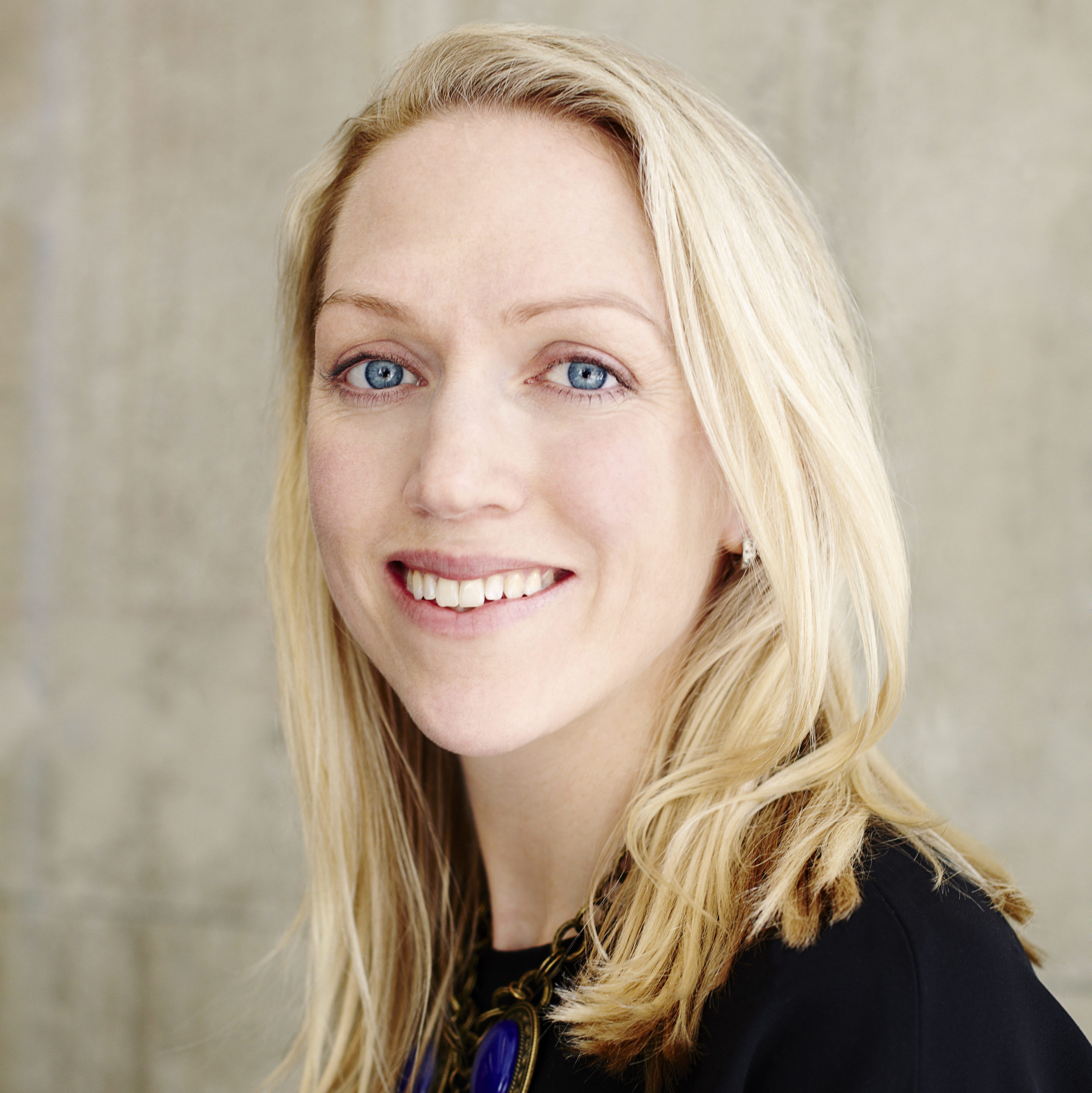
Lyndsay Hayhurst
Lyndsay Hayhurst is a Tier 2 York Research Chair in ‘Sport, Gender and Development and Digital Participatory Research’, Director of the ‘DREAMING Sport Lab’ (Digital participatory Research in Equity, Access, Mobility, Innovation aNd Gender in Sport Lab). She is an Associate Professor in the School of Kinesiology and Health Science at York University in Toronto, Canada. Her research interests include sport for development and peace (SDP); gender-based violence and sexual and reproductive health in/through SDP; digital participatory action research; trauma-and violence-informed approaches to SDP; cultural studies of girlhood; postcolonial feminist theory; global governance, international relations and corporate social responsibility; SDP in Indigenous communities; and the gender, sport and environment nexus. She is a co-author (with Holly Thorpe and Megan Chawansky) of Sport, Gender and Development: Intersections, Innovations and Future Trajectories; and co-editor (with Tess Kay and Megan Chawansky) of Beyond Sport for Development and Peace: Transnational perspectives on theory, policy and practice. Her publications have appeared in Women’s Studies International Forum; Gender, Place & Culture; Third World Quarterly and Sociology of Sport Journal. She has previously worked for the United Nations Development Programme and Right to Play.
Twitter: @drlyndzhayhurst @bicycles4devs @SSJDpodcast
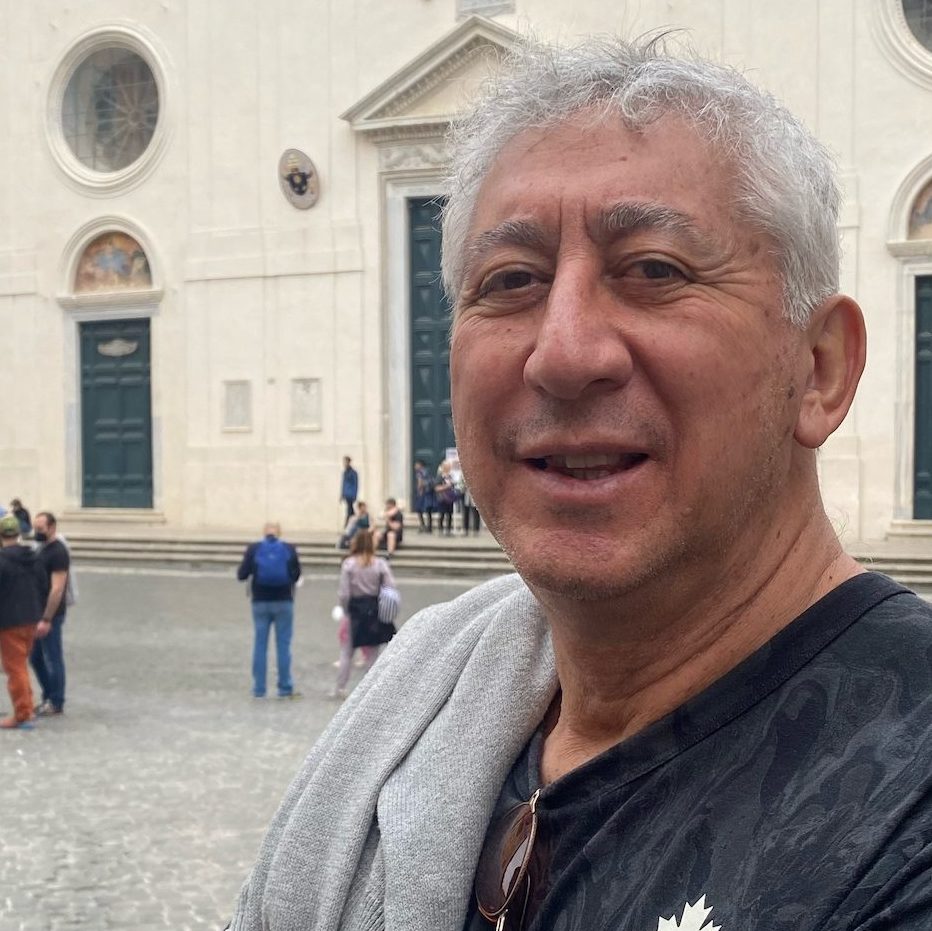
Hernán E. Humaña
Hernán E. Humaña teaches in the School of Kinesiology and Health Science, Faculty of Health, York University. His academic interests include issues of politics, identity, and human rights in sports. Hernán teaches “Olympic Games: Heroes and Villains at Play” (KINE3440); “Sociology of Sport I” (KINE3620) and “Volleyball I” (PKIN0332). He also co-administers and team-teaches “Socio-cultural Perspectives in Kinesiology” (KINE1000). He coached Volleyball and Beach Volleyball at three Olympic Games for Canada (1992, 1996 and 2000). He wrote the book Playing Under the Gun: An Athlete’s Tale of Survival In 1970’s Chile (second edition: 2020). He is presently working on two book manuscripts: From Olympic Medal to World Champion: An Immigrant Family’s Journey and Sport, Athletes and Human Rights in Chile.
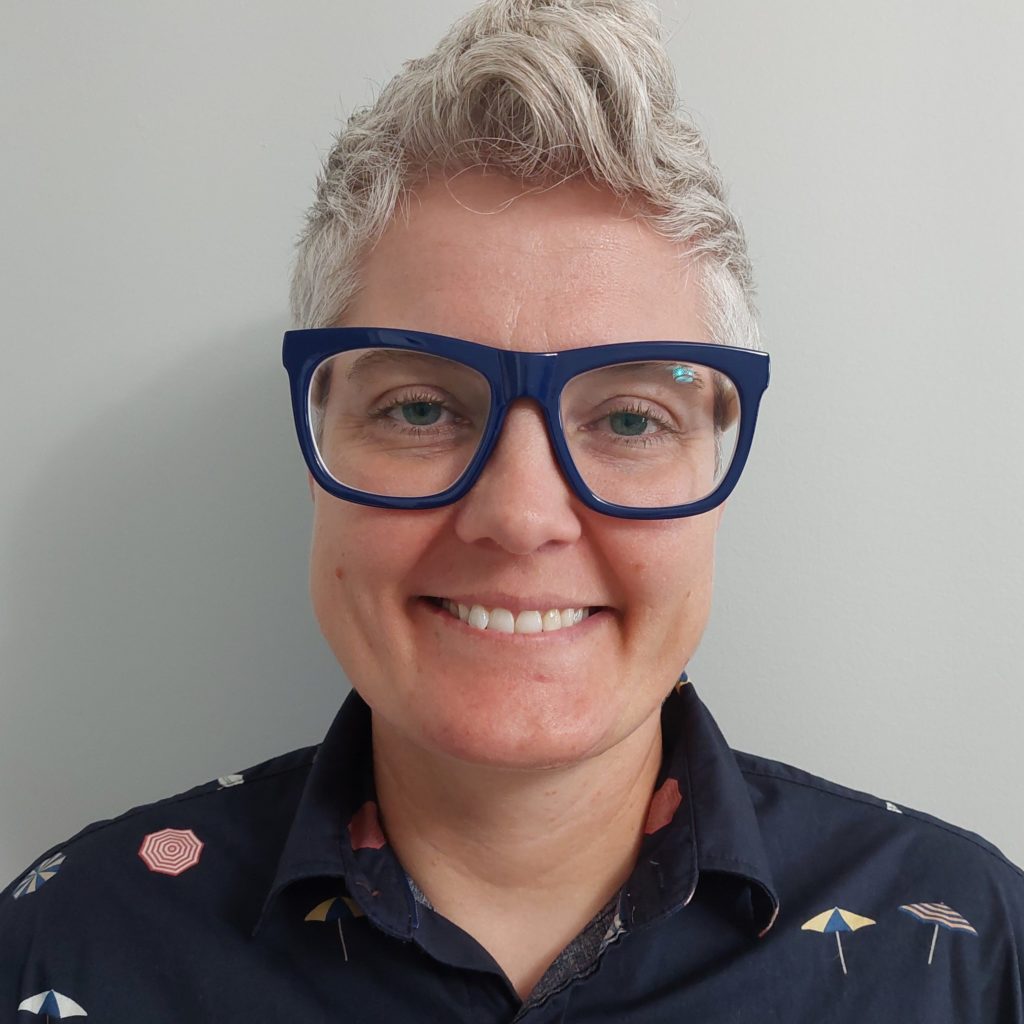
Larkin Lamarche (they/them)
My journey with research started as a research subject in a biomechanics study on varsity athletes. I began my own inquiry in health and exercise psychology, where I studied the psychobiological relationships of body image and physical activity. At what seemed like a juncture, my relationship to movement became a tense one, realizing that physical activity spaces can do harm. My journey took a side trail to the area of healthcare in the understanding of complex primary care programs for the improved delivery of care in diverse and under-served populations. It was this part of my journey which really opened my understanding and appreciation for all the ways to do research. My recent work unpacks the nuances of access? (question mark emphasized and disruptive) to health care systems with people deprived of housing and people who use drugs. Research spills into the courses I teach. I recently co-developed a land-based assignment where students learned about mental health impacts of connection to, and disconnection from, land. The evolution of this assignment will infuse movement from my new perspective, that people have complex relationships with movement; (semicolon to note a continuation of the journey and a nod to continue mental health conversations).

Yuka Nakamura
Dr. Yuka Nakamura is an Associate Professor in the School of Kinesiology and Health Science (York University). She studies how race, class, and gender intersect and impact people’s identities, sport, and physical activity experiences. Dr. Nakamura is especially interested in sport organized by and for ethnic and/or religious groups, as a site for identity formation and as a way to create a sense of community and belonging, sometimes in response to experiences of racism. Playing Out of Bounds (University of Toronto Press), Nakamura’s (2019) ethnography of the North American Chinese Invitational Volleyball Tournament (NACIVT) investigates how feelings of identity and belonging are grounded in notions of race, gender, and culture; how community is produced through the continual naming and policing of who is and is not a member; and how resistance and critique of these boundaries and definitions of membership illustrate how home and feeling at home involves an ongoing process of including and prohibiting difference along intersecting lines of exclusion. She has also published in the area of Muslim people and their physical activity experiences in the GTA. A secondary area of research is the lived experiences of and access to physical therapy. Dr. Nakamura’s other research interests are multiculturalism, social inclusion, and diverse forms of citizenship.
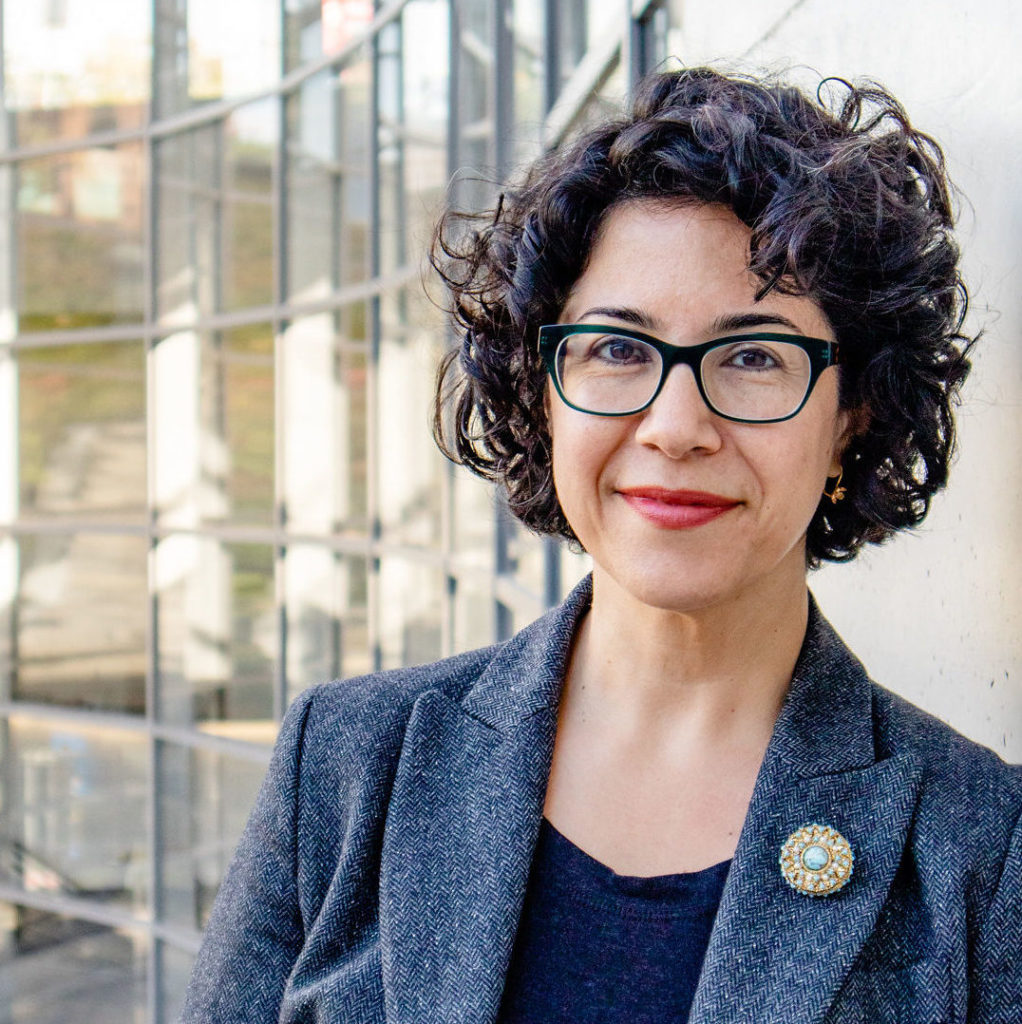
Parissa Safai
Parissa Safai (she/her) is a Full Professor in the School of Kinesiology and Health Science in the Faculty of Health at York University. Her research interests focus on the critical socio-cultural study of sport at the intersection of risk, health and healthcare including the social determinants of athletes’ health. Her interests also centre on sport and social inequality with focused attention paid to the impact of gender, socio-economic, and ethnocultural inequities on accessible physical activity for all. She has served in a variety of academic leadership roles within the School, Faculty, and the university. In 2021-2022, she served as Special Advisor to the President for Academic Continuity Planning and COVID-19 Response. Outside of York, she has served on a number of journal editorial boards, on the Executive Board for the North American Society for the Sociology of Sport (NASSS), and is currently the General Secretary for the International Sociology of Sport Association (ISSA). As of January 2024, she will begin a four-year term as President of the ISSA.
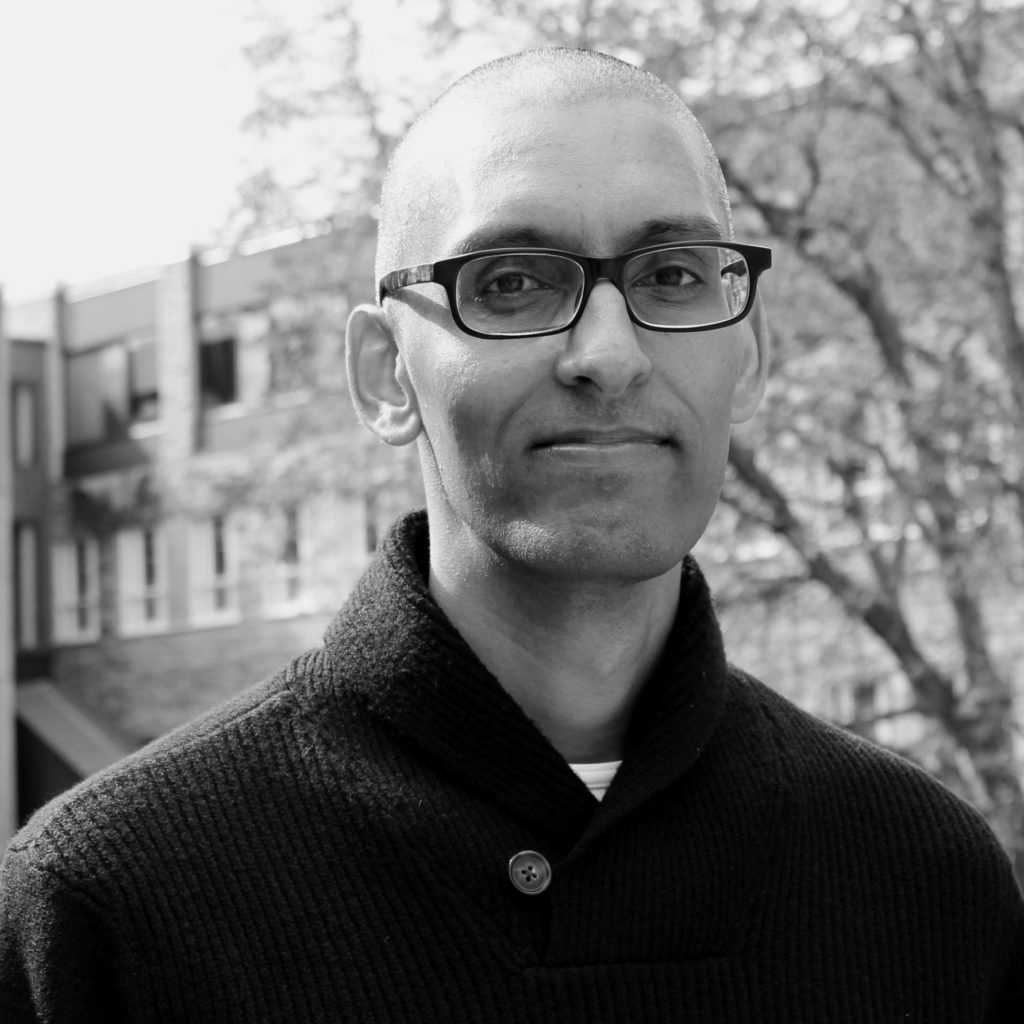
Sachil Singh
Dr. Sachil Singh is an Assistant Professor in the School of Kinesiology and Health Science in the Faculty of Health at York University. His main areas of research are medical sociology, critical race studies, and algorithmic inequality. As an interdisciplinary scholar, he works in these spaces to bring attention to how life chances are shaped by stereotypes and (mis)information about race and ethnicity. His work demonstrates how these problems can make their way into the medical field as ‘objective’ or 'scientific', thereby raising concerns for patient care.
More specifically, Dr. Singh examines how the implementation of many health technologies contributes to social inequality, such as through the unintended racial biases that influence patient care. His current work examines the sources of these biases that often stem from healthcare practitioners’ unintended personal biases and/or those embedded in the design of health technologies. Dr. Singh has published on this research in the peer-reviewed journals Social Science & Medicine and Health. He is also co-editor of the journal Big Data & Society.
Through his work, Dr. Singh is deeply committed to social inclusion and social justice which extends into the classroom. He teaches in areas of socio-cultural history, identity politics, racial discrimination, and surveillance.
Twitter: @sachil_singh
